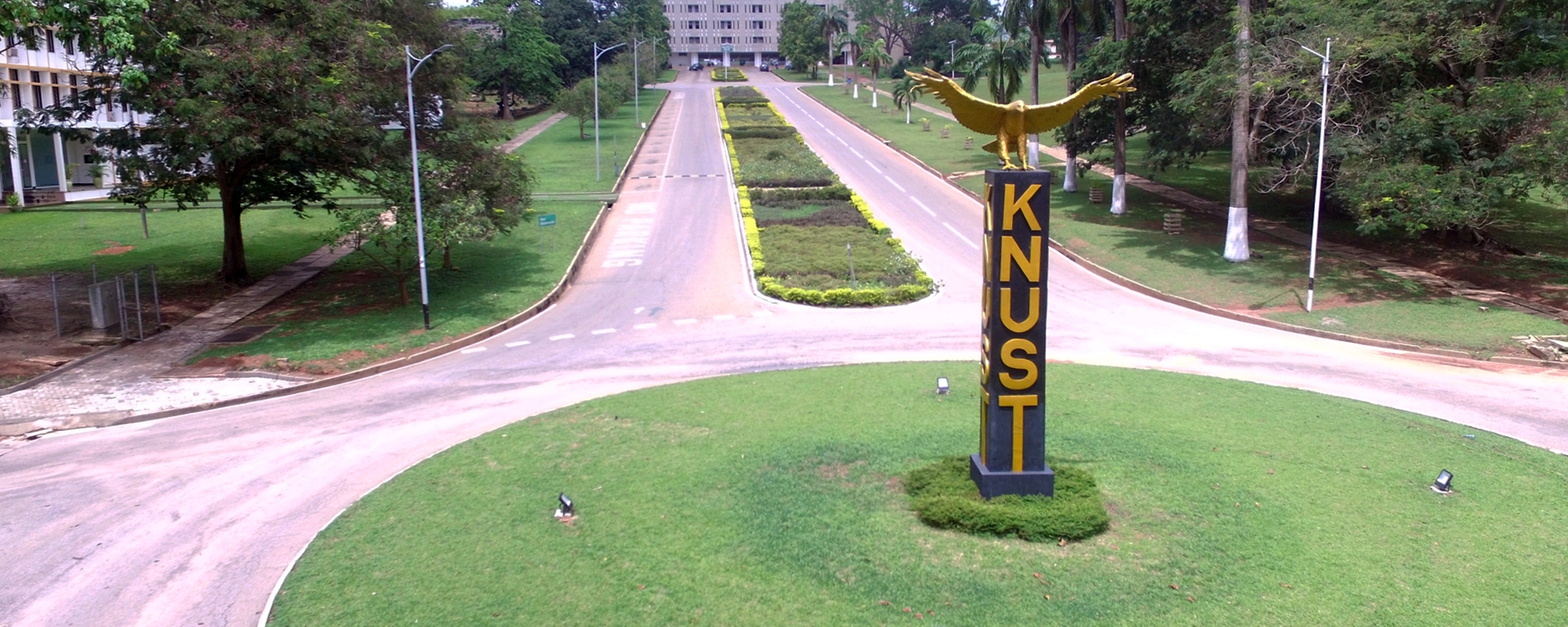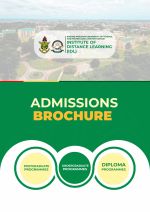Overview
Nutritional science handles the effect of the food we consume into our bodies, while dietetics applies the science of nutrition to the prevention and treatment of disease and the promotion of health. Dieticians assess, diagnose and treat diet and nutrition problems for an individual and then for a wider public health level. Dieticians use up-to-date public health and scientific research on food, society, health and disease, which they translate into practical guidance to enable people make appropriate lifestyle and food choices.
This programme is designed to build the capacity and produce a cadre of health personnel with the requisite knowledge and skills in the field of human nutrition and dietetics aimed at promoting nutritional health and wellbeing in Ghana and beyond.
Courses under this two year programme include: Advanced biochemistry, Nutritional genetics, Food safety and hygiene, Public health nutrition, Diet therapy for the management of nutrition-related Non-Communicable Diseases, Clinical nutrition and therapeutics, immunology, Advanced food analysis, Sports nutrition, Nutraceuticals and functional foods, Nutrition communication and education, clinical attachment and internships. Special topics in Emerging areas such as Food allergies.
Modules and courses
|
YEAR 1 |
||||
|
SEMESTER ONE |
||||
|
CORE COURSES |
||||
|
|
Course Title |
T |
P |
C |
|
NUT 503 |
Macro and Micronutrients |
2 |
0 |
2 |
|
NUT 555 |
Public Health Nutrition |
3 |
0 |
3 |
|
NUT 561 |
Research Methods and Biostatistics |
3 |
0 |
3 |
|
NUT 553 |
Clinical Nutrition |
3 |
0 |
3 |
|
NUT 565 |
Nutrition in the Human Life Cycle |
3 |
0 |
3 |
|
NUT 551 |
Food Safety and Hygiene |
2 |
3 |
3 |
|
Total For Year One Semester One |
16 |
3 |
17 |
|
|
SEMESTER TWO |
||||
|
CORE COURSES |
||||
|
Course Code |
Course Title |
T |
P |
C |
|
NUT 552 |
Nutrition Communication and Education |
3 |
0 |
3 |
|
NUT 572 |
Nutrition in Emergencies |
2 |
0 |
2 |
|
NUT 566 |
Nutrition Epidemiology |
3 |
0 |
3 |
|
NUT 580 |
Nutrition Assessment and Analysis |
2 |
3 |
3 |
|
NUT 564 |
Food Service Management |
2 |
0 |
2 |
|
NUT 576 |
Nutrition Policy: Development and Implementation |
2 |
0 |
2 |
|
Total For Year One Semester Two |
14 |
3 |
15 |
|
|
YEAR TWO |
||||
|
SEMESTER ONE |
||||
|
Course Code |
Course Title |
T |
P |
C |
|
NUT 661 |
Community Nutrition Attachment |
0 |
18 |
6 |
|
NUT 665 |
Research Project & Seminar |
0 |
18 |
6 |
|
Total For Year Two Semester One |
0 |
36 |
12 |
|
|
Grand Total |
30 |
42 |
44 |
Mode of course delivery
The programme is offered through distance education, a learning oriented system allowing greater flexibility in learning while students continue with their regular professional work. The programme is offered in a mixed mode format. The approach uses print and electronic media in order to be responsive to the needs of the learner and also maximize the use of technology in course delivery.
At the heart of the programme is excellent online learning materials developed by capable and competent resource persons from KNUST and other recognized institutions.
Academic Support Systems/Services
Limited face-to-face facilitated sessions are provided at all the Learning Centres. These sessions are supported by print and electronic materials, and local learning facilitators who also support and direct students as they work through the resources provided.
The Centres provide learning support to students living in different parts of the country, thus reducing travel expenses.
Learning centres
Head of department
Exam officer
Programme coordinator
Dr. Charles Apprey
Lecturer
Biography
- Applicants must have a good First Degree (BSc), preferably Second Class Lower or better in the following programmes: Biochemistry, Biological Sciences, Chemistry, Agricultural Science, Human Nutrition and Dietetics, Nursing, Medicine, Pharmacy, Food Science and other Science-related courses.
- Applicants with Home Economics background may apply on condition that they will remove their deficiencies in biochemistry early in the program.

How to Apply
Pursuing an academic programme is an important step toward your future — and we're here to help


